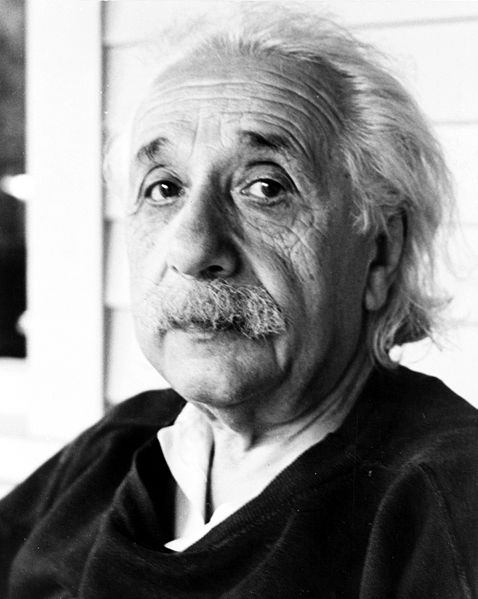
Albert Einstein, the 1921 Nobel Prize winner in physics, was born this week in 1879. He is considered to have had one of the greatest minds of all time. He was educated to teach physics and mathematics but could not find a job in his field, so he accepted a job as a technical assistant in a Swiss patent office. During the days he’d review patents that had been submitted to the office, identifying why each of them would not work. His assignment was to find the fatal flaw in each idea. While this position was not glamourous, and a step down from what he was trained to do, it gave him the opportunity to develop the critical and creative thinking skills to effectively evaluate ideas.
Had Einstein become a professor right out of school, he may have never fine-tuned these evaluation skills. And it was these skills which ultimately led him to discover shortcomings in Sir Isaac Newton’s scientific theories. Einstein’s infamous Theory of Relativity directly evolved from his critical evaluation of Newton’s law of mechanics with the laws of electromagnetic fields. Einstein’s work dramatically affected science and the advancement of technology, from the discovery of the Atom bomb to the development of lasers. Einstein once said that his success was directly related to his ability to evaluate ideas that he developed in the Swiss patent office.
Want to learn more about Einstein? The video below is the first part of a six part series by biography.com. Click here to watch the entire series.
The content for this blog was taken from LifeBound’s book CRITICAL AND CREATIVE THINKING FOR TEENAGERS. In every chapter students will be introduced to a different great thinker from history, as well as a great thinker of today, innovations that changed the world, movers & shakers, and people who think on the cutting edge. To learn more about CRITICAL AND CREATIVE THINKING click here.










